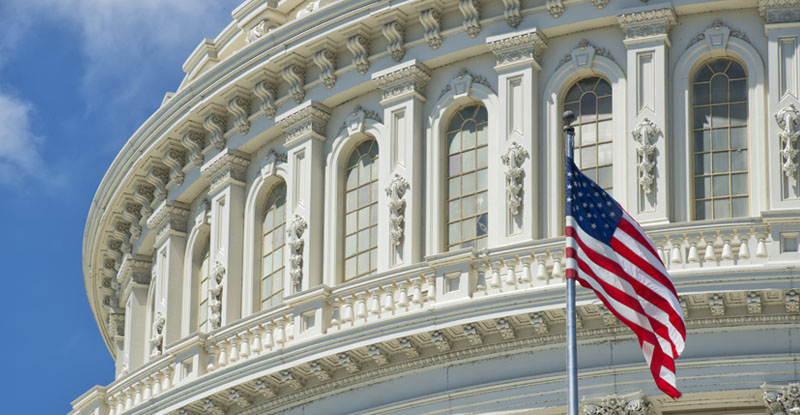(Heritage Foundation) Summary: The two versions of the FY 2024 National Defense Authorization Act (NDAA) currently under consideration have significant overlap in terms of military procurement and strategy in the Indo–Pacific.
The primary issues in contention will be the woke culture war issues.
Congress should remember that the primary function of the U.S. military is to act as a lethal fighting force capable of defending the United States, not as a laboratory for resolving divisive social issues.
Congress should reconcile the two versions of the FY 2024 NDAA in a way that maintains support for the military’s mission to deter China in the Indo–Pacific, while eliminating the corrosive influence of racial ideology and other divisive initiatives from the Department of Defense.
—
. . . . . The House advances provisions to reduce politicization of the military through controversial and divisive policies that promote critical race theory (CRT) and diversity, equity, and inclusion (DEI).
It also requires an important reallocation of resources within the existing budget away from underperforming programs and research and toward capabilities more suited to U.S. strategy in the Indo–Pacific.
Once Congress meets in conference to finalize the FY 2024 NDAA, it should consider the following recommendations to resource the military that the nation needs to carry out the missions demanded by the National Defense Strategy and the National Security Strategy:
End Divisive Politicization Policies in the Military.
The House NDAA contains a number of provisions aimed directly at ending the corrosive influence of concepts such as DEI and CRT—being implemented by the Biden Administration throughout the DOD at the expense of military readiness, public support for the military, and unit cohesion and morale.
The House version of the FY 2024 NDAA
- prohibits the teaching of DEI and CRT in the military,
- restricts the ability of the DOD to pay for DEI or CRT ideology enforcement, and
- eliminates funding for the various DEI and CRT programs and working groups within the DOD.
These House provisions are certain to be among the most contentious in conference, but the Senate should support them, as they are critical for the performance of the DOD. 2
Congress should likewise support the House NDAA’s provision prohibiting the DOD’s recent policy change to use taxpayer dollars for expenses relating to abortion services and the House provision prohibiting coverage of sex-reassignment surgeries and related services under military health care.3
This year, the Supreme Court ruled that affirmative action was unconstitutional and universities across America are no longer allowed to discriminate against applicants on the basis of race.
The Court did include some language that has raised confusion about whether the ruling applies to military service academies, even though Heritage Foundation experts are certain that the Court’s decision is binding on these schools.4
To address this confusion, the House NDAA prohibits the use of race-based quotas at the military service academies, and the Senate should support this measure to ensure that the military is selecting future officers on the basis of merit and qualification alone. . . . . (read more)
—
2 (Thomas W. Spoehr, “The Rise of Wokeness in the Military,” Heritage Foundation Commentary, September 30, 2022, https://www.heritage.org/defense/commentary/the-rise-wokeness-the-military).
3 (Thomas W. Spoehr, “Military Readiness Takes Back Seat to Wokeness at the Pentagon,” Heritage Foundation Commentary, June 22, 2022, https://www.heritage.org/defense/commentary/military-readiness-takes-back-seat-wokeness-the-pentagon).
4 (Wilson Beaver, “A Matter of Life and Death: America’s Military Academies Must Return to Meritocracies,” Heritage Foundation Commentary, July 19, 2023, https://www.heritage.org/defense/commentary/matter-life-and-death-americas-military-academies-must-return-meritocracies).








Leave a Comment